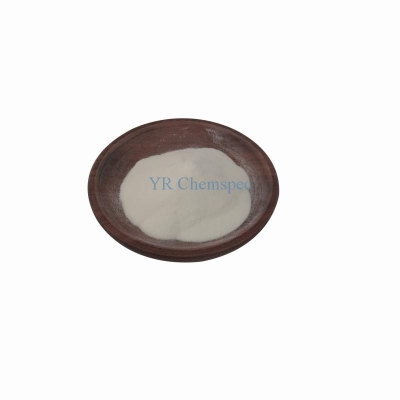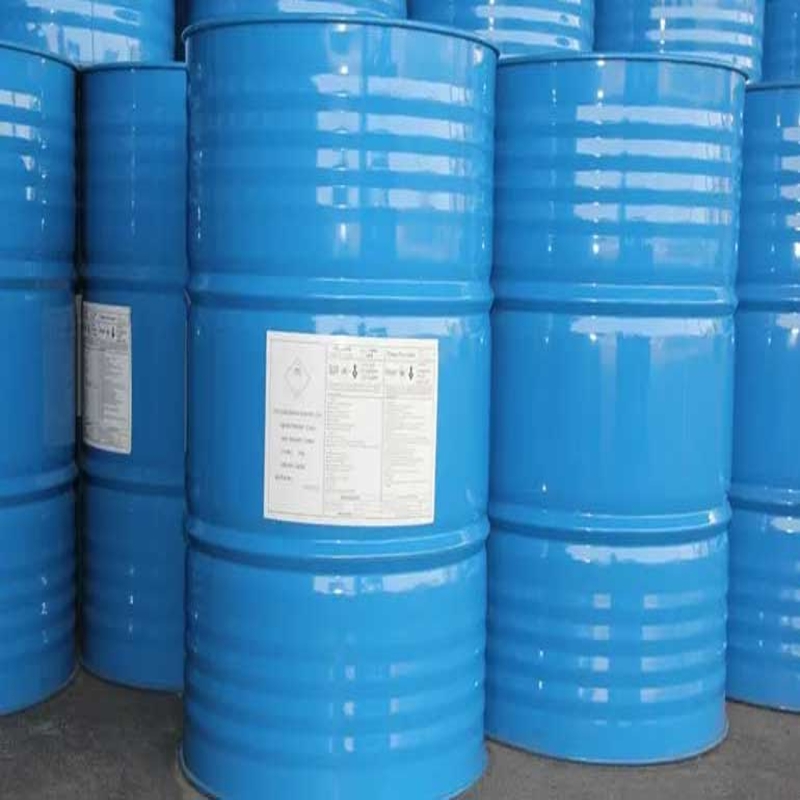-
Categories
-
Pharmaceutical Intermediates
-
Active Pharmaceutical Ingredients
-
Food Additives
- Industrial Coatings
- Agrochemicals
- Dyes and Pigments
- Surfactant
- Flavors and Fragrances
- Chemical Reagents
- Catalyst and Auxiliary
- Natural Products
- Inorganic Chemistry
-
Organic Chemistry
-
Biochemical Engineering
- Analytical Chemistry
-
Cosmetic Ingredient
- Water Treatment Chemical
-
Pharmaceutical Intermediates
Promotion
ECHEMI Mall
Wholesale
Weekly Price
Exhibition
News
-
Trade Service
Australia's Commonwealth Scientific and Industrial Research Organization (CSIRO) said on the 14th that scientists at the agency have invented a simple method of "salt bath" that can extend the life of rechargeable lithium batteries, which is expected to break the current battery life bottleneck
of electric vehicles.
CSIRO collaborated with RMIT University and Queensland University of Technology to find that before battery assembly, lithium metal electrodes are immersed in a mixed electrolyte containing ionic liquid and lithium salt, so that the battery life can be extended after pretreatment, and the performance and safety can be enhanced
.
Ionic liquid, also known as room temperature molten salt, is a transparent, colorless, odorless, and flame retardant unique liquid
.
These materials can form a protective film on the surface of the electrode, so that the battery remains stable during use, solving the problem that rechargeable batteries are prone to fire and explosion, in addition, such treated batteries can be left for up to a year without loss of performance
.
CSIRO battery expert Adam Best said that the performance of batteries pretreated in this way is theoretically stronger than all other conventional lithium batteries
currently on the market.
The new generation of power batteries is the key to the development of
the electric vehicle industry.
This simple "salt bath" pretreatment will accelerate the development of a new generation of energy storage methods, thereby solving the current "battery life anxiety" in the electric vehicle industry, and making electric vehicles truly comparable
to traditional cars in the near future by improving the battery range and charging capacity.
Anthony O'Mullan, an associate professor at Queensland University of Technology, said it was easy for battery manufacturers to adopt the new battery treatment with just a slight conversion to existing production lines
.
The hybrid electrolyte used in the "salt bath" contains a variety of chemical compositions and is patented by CSIRO
.
Researchers are currently developing batteries based on this technology while looking for partners to commercialize
them.
Australia's Commonwealth Scientific and Industrial Research Organization (CSIRO) said on the 14th that scientists at the agency have invented a simple method of "salt bath" that can extend the life of rechargeable lithium batteries, which is expected to break the current battery life bottleneck
of electric vehicles.
CSIRO collaborated with RMIT University and Queensland University of Technology to find that before battery assembly, lithium metal electrodes are immersed in a mixed electrolyte containing ionic liquid and lithium salt, so that the battery life can be extended after pretreatment, and the performance and safety can be enhanced
.
Ionic liquid, also known as room temperature molten salt, is a transparent, colorless, odorless, and flame retardant unique liquid
.
These materials can form a protective film on the surface of the electrode, so that the battery remains stable during use, solving the problem that rechargeable batteries are prone to fire and explosion, in addition, such treated batteries can be left for up to a year without loss of performance
.
CSIRO battery expert Adam Best said that the performance of batteries pretreated in this way is theoretically stronger than all other conventional lithium batteries
currently on the market.
The new generation of power batteries is the key to the development of
the electric vehicle industry.
This simple "salt bath" pretreatment will accelerate the development of a new generation of energy storage methods, thereby solving the current "battery life anxiety" in the electric vehicle industry, and making electric vehicles truly comparable
to traditional cars in the near future by improving the battery range and charging capacity.
Anthony O'Mullan, an associate professor at Queensland University of Technology, said it was easy for battery manufacturers to adopt the new battery treatment with just a slight conversion to existing production lines
.
The hybrid electrolyte used in the "salt bath" contains a variety of chemical compositions and is patented by CSIRO
.
Researchers are currently developing batteries based on this technology while looking for partners to commercialize
them.







